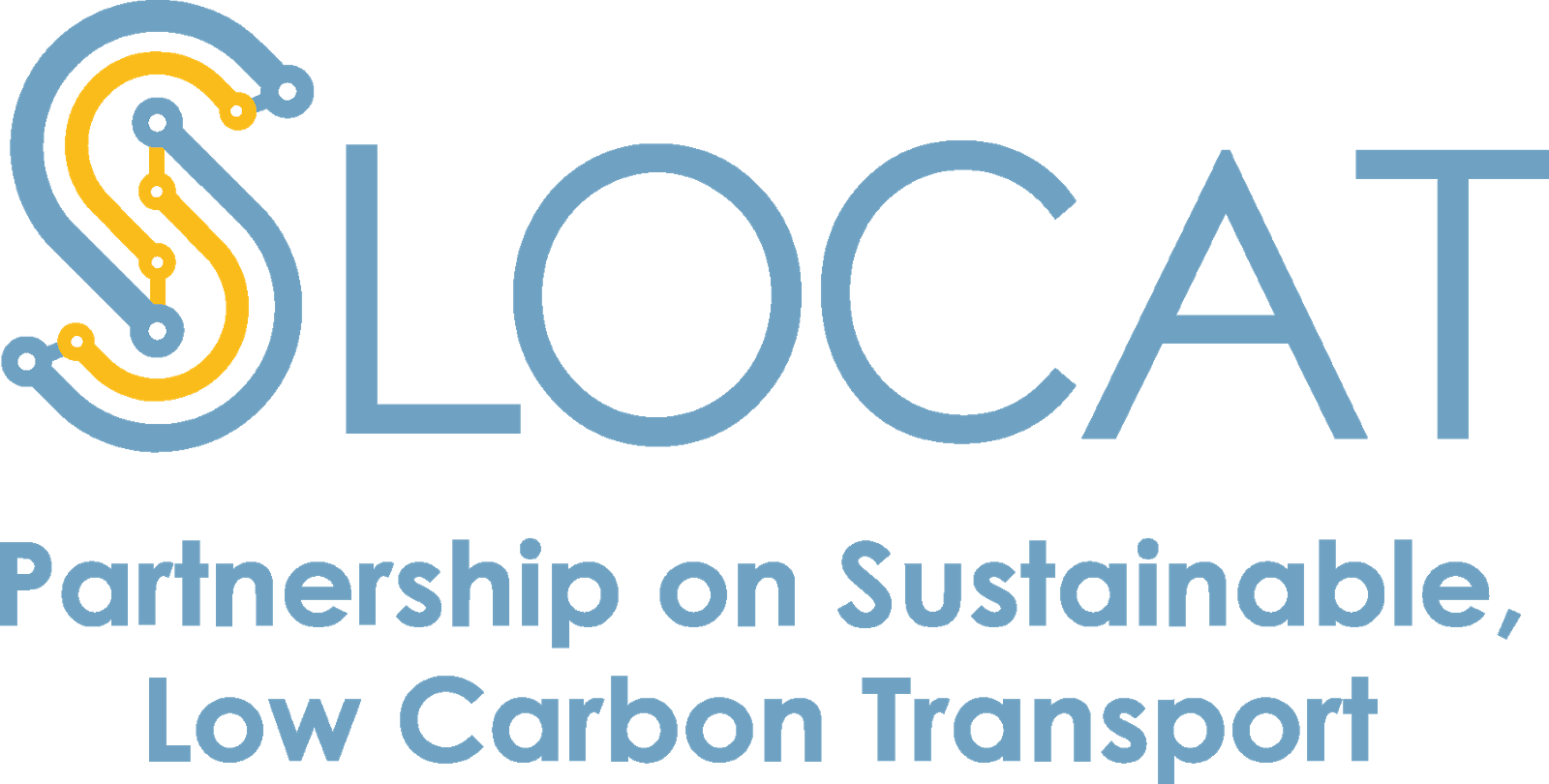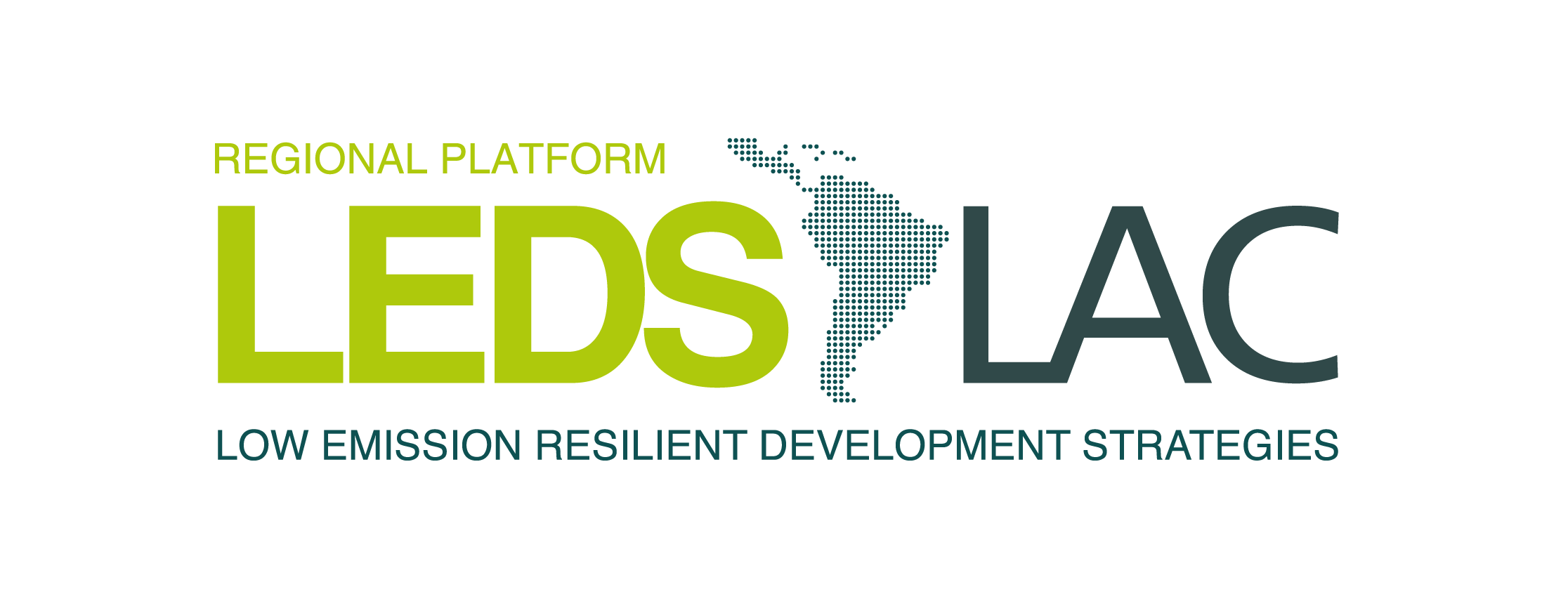About the event
To achieve the Country Agreement targets of keeping global warming below 2°C, the transport sector must decarbonize by the second half of this century. While considerable efforts have been made in the LAC region to develop NDCs, there is still little progress and support for the development of long-term visions and strategies that inform NDCs.
Since the transportation sector is the one that shows the fastest growth in greenhouse gas emissions, long-term strategies are critical and play a fundamental role, requiring the development of modeling and forecasting capabilities, infrastructure planning, changes in the form of urbanization as well as cultural changes.
Without decarbonizing transportation, meeting the goals of the Paris Agreement will not be possible. Transforming transportation and mobility offers not only a way to combat climate change, but also to address safety, congestion and equity challenges in the sector, in alignment with the Sustainable Development Goals.
The purpose of this seminar is to provide knowledge, guidance and best practices to understand the importance of long-term strategies for the transportation sector. The seminar will also seek to identify specific needs of the sector in the LAC region.
Agenda
- Welcome and Introduction, by the Transportation Working Group, Asociación Sustentar.
- The Relationship of Transportation and Climate Changeby SLoCaT Partnership.
- Introduction to Long-Term Strategies, by the IDB
- The Transportation Sector in Long-Term Strategiesby SLoCaT Partnership.
- Regional Transportation Cases in Long-Term Strategies
- Eduardo BrenesVice Minister of Transportation and Road Safety of Costa Rica.
- Gisèle LabartheExecutive Secretary of the Roads and Urban Transportation Program SECTRA, of the Ministry of Transportation and Telecommunications of Chile.
- What would "decarbonized" transportation look like in your country or city? Vision formulation exercise.
- Final Reflections and Closingby the organizers.
Organizers of this workshop:





